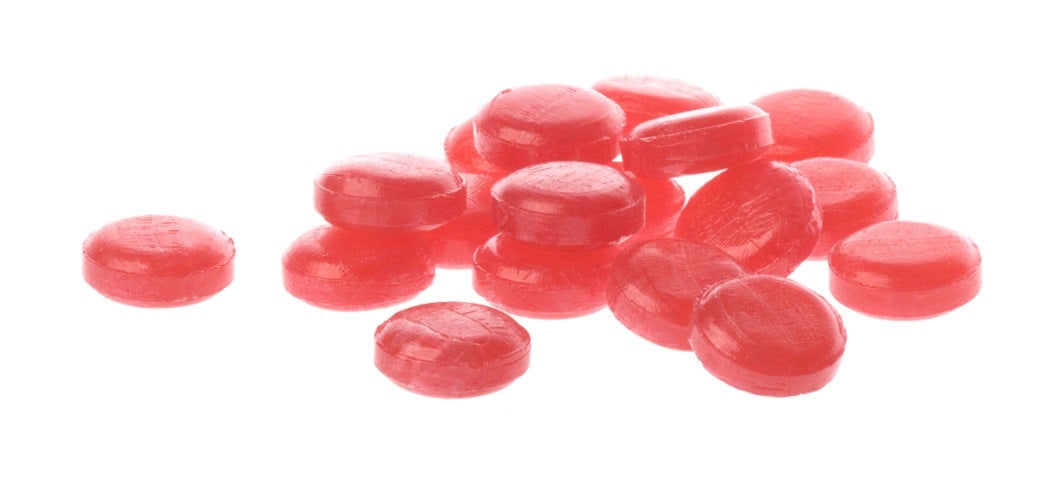When it comes to the safety of our beloved pets, it’s important to ask the tough questions. With concerns about the effects of menthol on our canine companions, the question stands: is menthol safe for dogs? Menthol is a widely used product found in many human products such as cough drops, toothpaste, and nasal sprays. However, what owners may not know is that menthol can be just as dangerous for dogs as it is for humans. In this blog post, we’ll discuss the potential hazards of menthol and the risks of exposing your pet to it. We’ll also explore alternative remedies you can use to treat your pet’s ailments without compromising their health. By understanding the facts, you’ll have a better picture of how to best care for your four-legged friend and keep them safe.
Other Ways to Help:

Cough Drop Toxicity in Pets: What You Should Know

Once again, the time has come for flu shots, cough syrup, and all the other precautions we take to stay healthy during the chilly months. Even though getting sick can sometimes be unavoidable, this year when stocking your medicine cabinet, don’t forget about your furry friends. When we feel a cold coming on, we frequently turn to cough suppressants and cough drops to get us through the day. However, despite the fact that these treatments frequently resemble our favorite hard candies, some of the ingredients in cough drops may be harmful to our pets.
Here’s what you should know:
The Animal Poison Control Center (APCC) advises that the first step to take if your pet consumes cough drops is to review the ingredients list.
The common ingredients in cough drops are sugar, menthol, eucalyptus oil, colors, and flavors, all of which can upset the stomach. Some drops, however, contain components that may have more detrimental effects:
Xylitol. Infrequently, xylitol may be found in cough drops. Depending on the concentration in the drops and how many were consumed, xylitol has the potential to result in hypoglycemia and even liver damage.
Benzocaine. The most common side effect of benzocaine is gastrointestinal discomfort; however, at high doses, benzocaine can metabolize into substances that can result in methemoglobinemia. Methemoglobinemia is a type of anemia that can manifest as depressive symptoms, weakness, rapid breathing, skin and mucous membrane discoloration, jaundice, vomiting, hypothermia, or swelling of the face or jaw. Because it is a local anesthetic, benzocaine will numb the mouth or throat when chewed. This can present an aspiration risk and turn into a choking hazard, especially for pets who may be more prone to aspiration.
Depending on the quantity of cough drops consumed, the size of the pet, and whether or not the wrappers were also consumed, obstruction may also be a problem when pets use cough drops.
Contact your veterinarian or the APCC right away to learn what to do if you think your pet has ingested cough drops and are worried about the potential risks. Additionally, always store your flu season supplies securely out of reach of pets!
Explore by Topic:
Learn what to look for if your pet consumes cough drops.
According to the ASPCA Animal Poison Control Center, the first thing you should do when a pet owner informs you that their dog or cat has swallowed cough drops is check the ingredient list.
The ingredients in most cough drops, including sugar, menthol, eucalyptus oil, colors, and flavors, may upset your stomach. It’s also critical to take into account additional components that might result in more detrimental effects.
FAQ
Is Vicks VapoRub toxic to dogs?
Commonly used in body rubs for arthritis or pain relief is camphor. Carmex, Tiger Balm, Vicks VapoRub, Campho-Phenique, among other well-known trade names for camphor include Due to the potential for poisoning, camphor is easily absorbed through the skin and should never be applied to dogs or cats.
Is menthol cough drops toxic to dogs?
Several ingredients in cough drops can be toxic to dogs. Cough drops frequently contain sugar, menthol, eucalyptus oil, and other flavorings and colors, all of which have the potential to upset their stomach.
Can I use menthol spray on dog?
Menthol spray can assist in reducing a dog’s odor while it is in heat. These sprays can calm your male and significantly reduce your female’s odor. It appears that menthol spray should only be used on your female dog. However, it is advised to use it on both of your puppies.
What happens if my dog eats a Halls cough drop?
Depending on the concentration in the drops and how many were consumed, xylitol has the potential to result in hypoglycemia and even liver damage. Benzocaine. The most common side effect of benzocaine is gastrointestinal discomfort; however, at high doses, benzocaine can metabolize into substances that can result in methemoglobinemia.